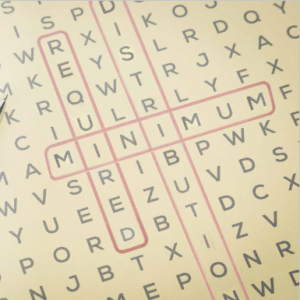
IRA Rollover Mistakes Can Be Irrevocable
IRA rollover mistakes are easy to make and could be impossible to correct. It’s worth understanding that every time IRA or 401(k) money is touched, it’s a gamble for those who don’t know what they’re doing.

IRA rollover mistakes are easy to make and could be impossible to correct. It’s worth understanding that every time IRA or 401(k) money is touched, it’s a gamble for those who don’t know what they’re doing.

Don’t look now, but there are major real problems ahead for Medicare.
And we’re not talking about the “down the road” distant future.

Rollover advice isn’t always straightforward – it’s often conflicted. There are issues you should address before you act.

RMDs are back for 2021! Make sure you don’t get his with penalties.

Maybe you should think twice before buying a Medicare Advantage plan from a football player.

Do you know what a systematic Roth conversion is? It’s worth knowing!

When a loved one dies, it can be a bit chaotic. I remember when my parents passed away, they had lived a very long and happy life.

Often financial planning and wealth management is more about the unknowns in life than the knowns. After years of supporting roles on the Flintstones, Barney and Betty decided to retire from acting in cartoons (it’s hard to be a cartoon character!) and enjoy life.

Like indexing? Like the S&P? You can get an index fund! Sounds good. Let’s face it, most (virtually all) investment management companies fail to beat the S&P index on a consistent basis. We all know that.

Does the ‘bucket’ approach to allocating assets to life goals make sense—or does it actually destroy wealth? Mentally, bucket investing is simply assigning money to ‘buckets’, i.e. goals
Congratulations—you’ve built up a healthy retirement nest egg, maybe even a couple million bucks in a traditional IRA. Cue the applause! No worry about tax traps now! But as you reach retirement and start thinking about how to spend it (or pass it on), Uncle Sam is waiting with a few surprise moves that could mess with your plans. These are the tax traps.
You’ve just inherited an IRA from someone not your spouse… usually a parent. Guess what! Your rules are different.